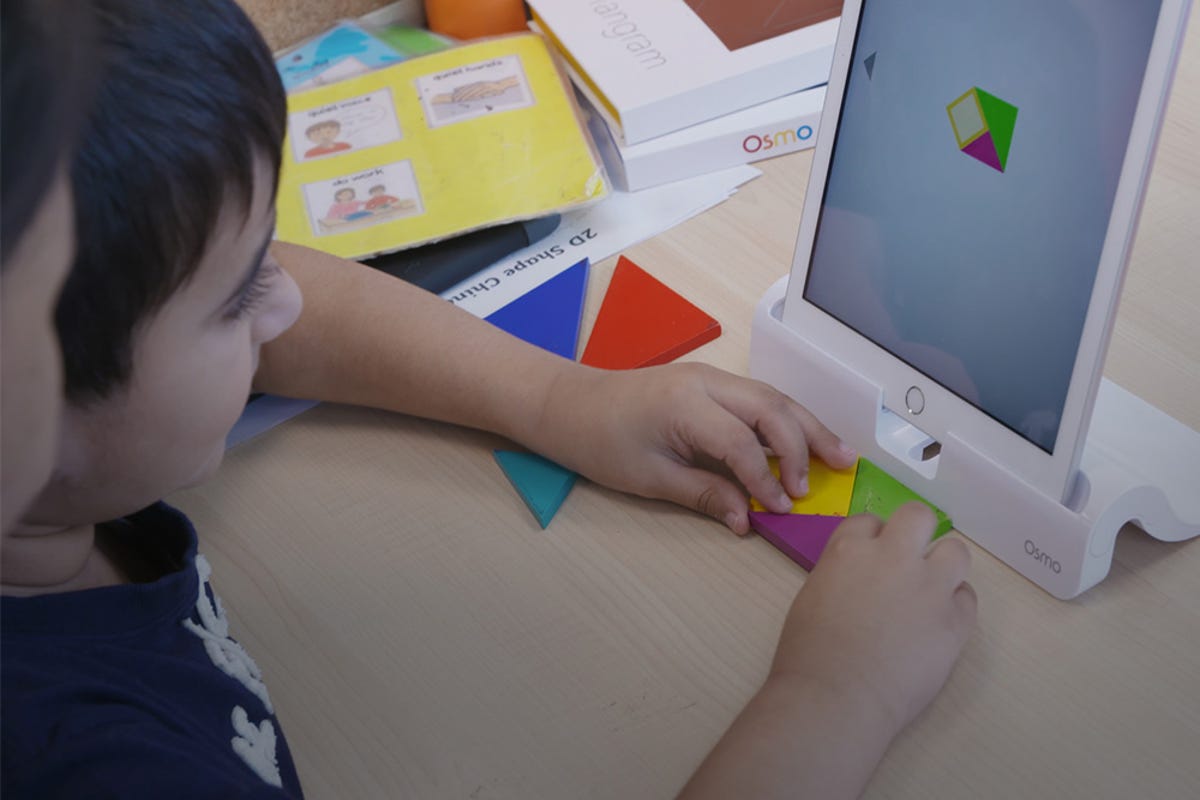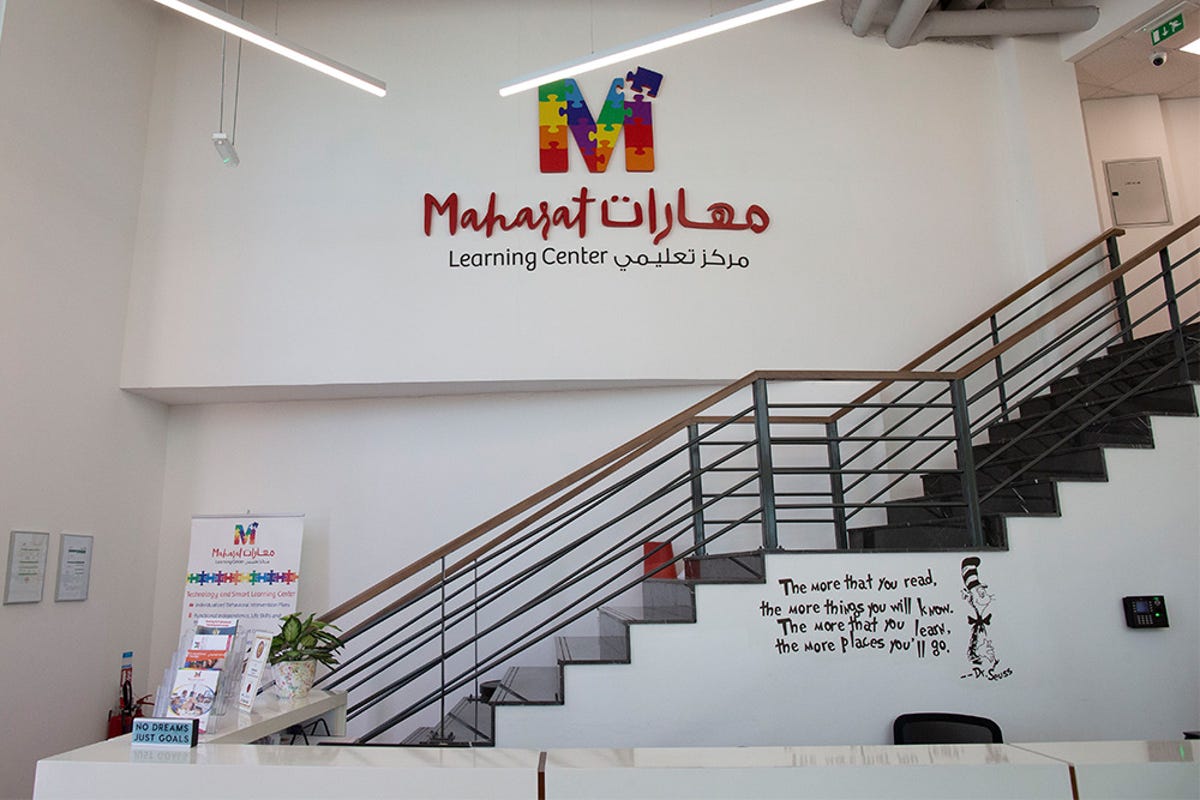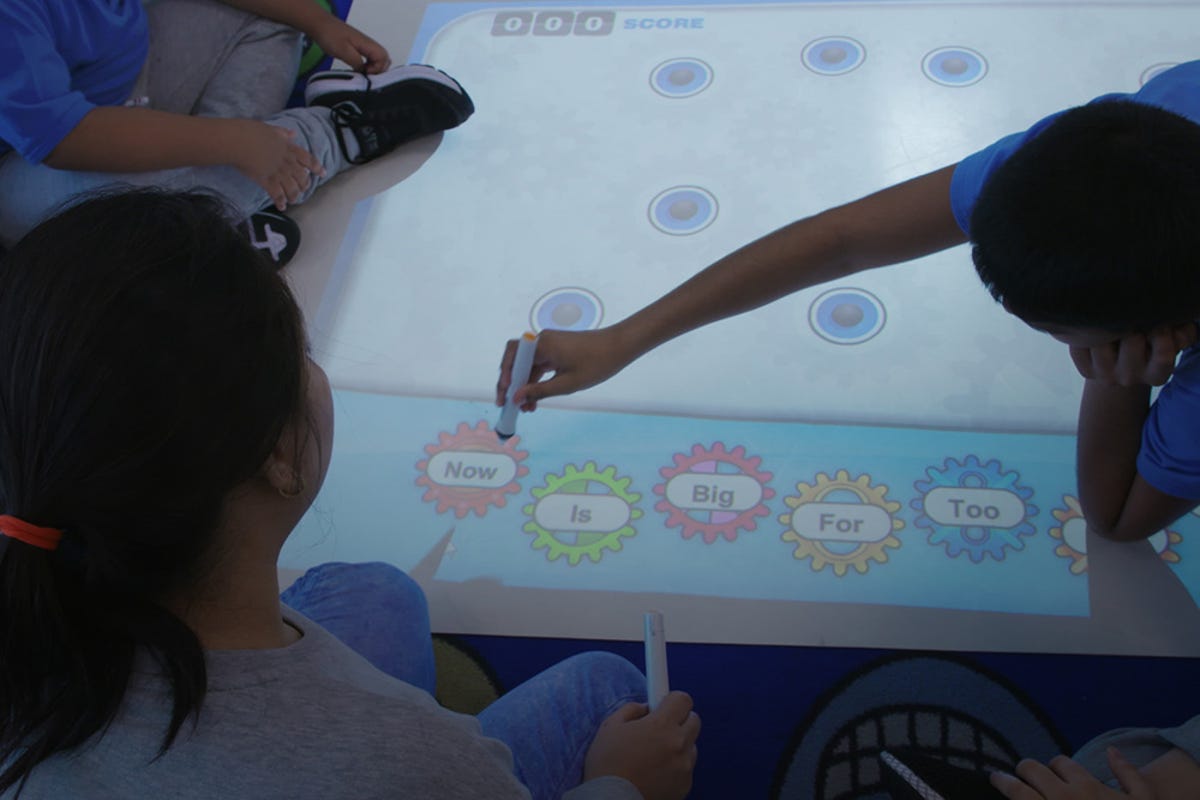Fellow Portrait
Hibah Shata
Maharat Learning Center
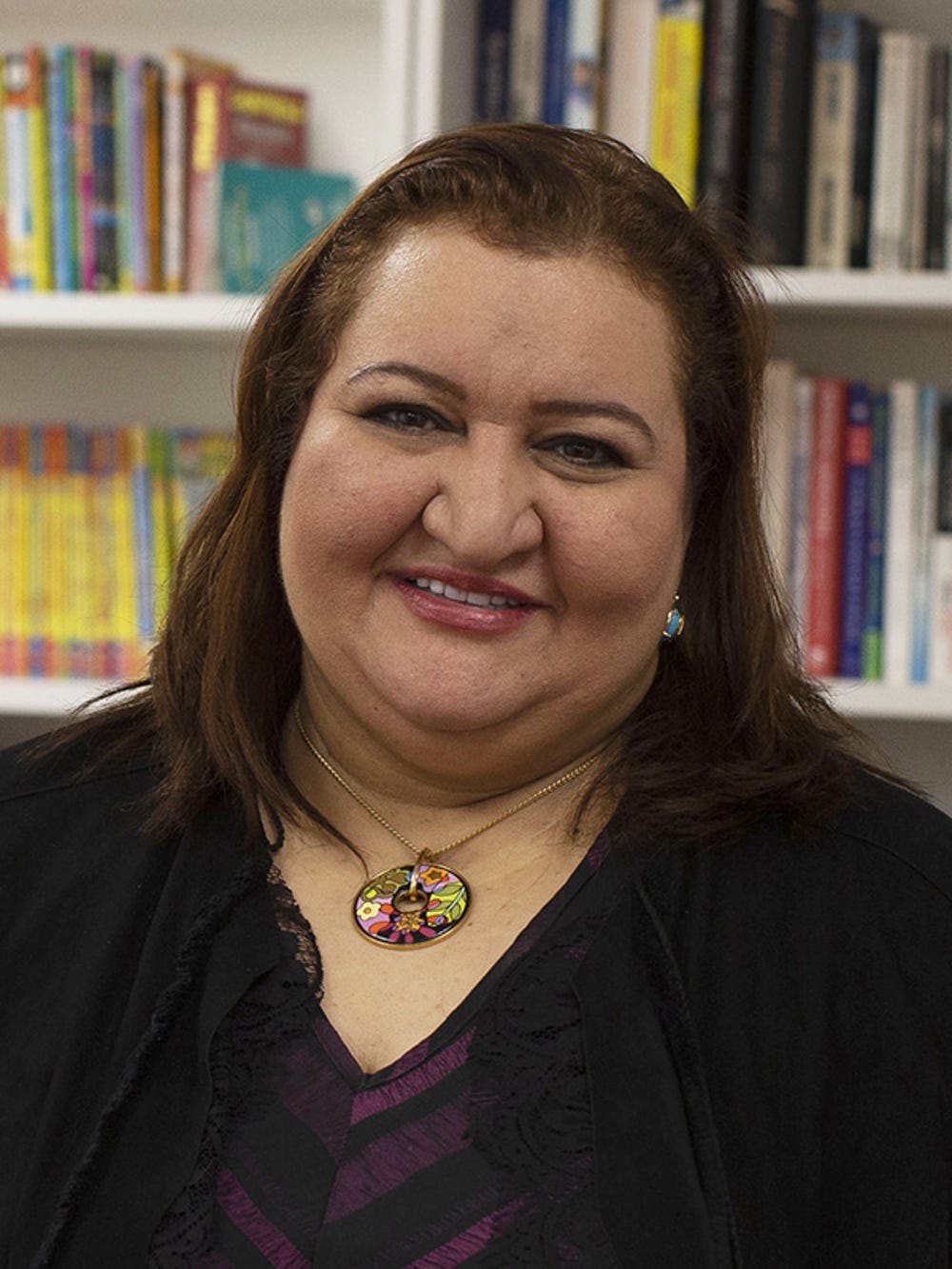
Updated March 2019
When Dr Hibah Shata gave birth to her daughter Sarah in 2005, the family welcomed a beautiful healthy child. Over time, however, this third-time mother noticed that Sarah was not responding in the same ways her elder siblings had. Doctors suspected autism and told her to find a special nursery with speech and occupational therapy while awaiting the definitive diagnosis. “It was hectic,” remembers Hibah, a successful dentist who was running her own clinic in Dubai. “The waiting lists were endless and most services only applied to children over the age of 3. I had to make a decision: either leave Dubai to seek services in North America or stay here and do something about it myself.”
When people in my family ask me what they need to do to have their daughter grow up like me, I advise they give her a chance to be independent and to discover her strengths.
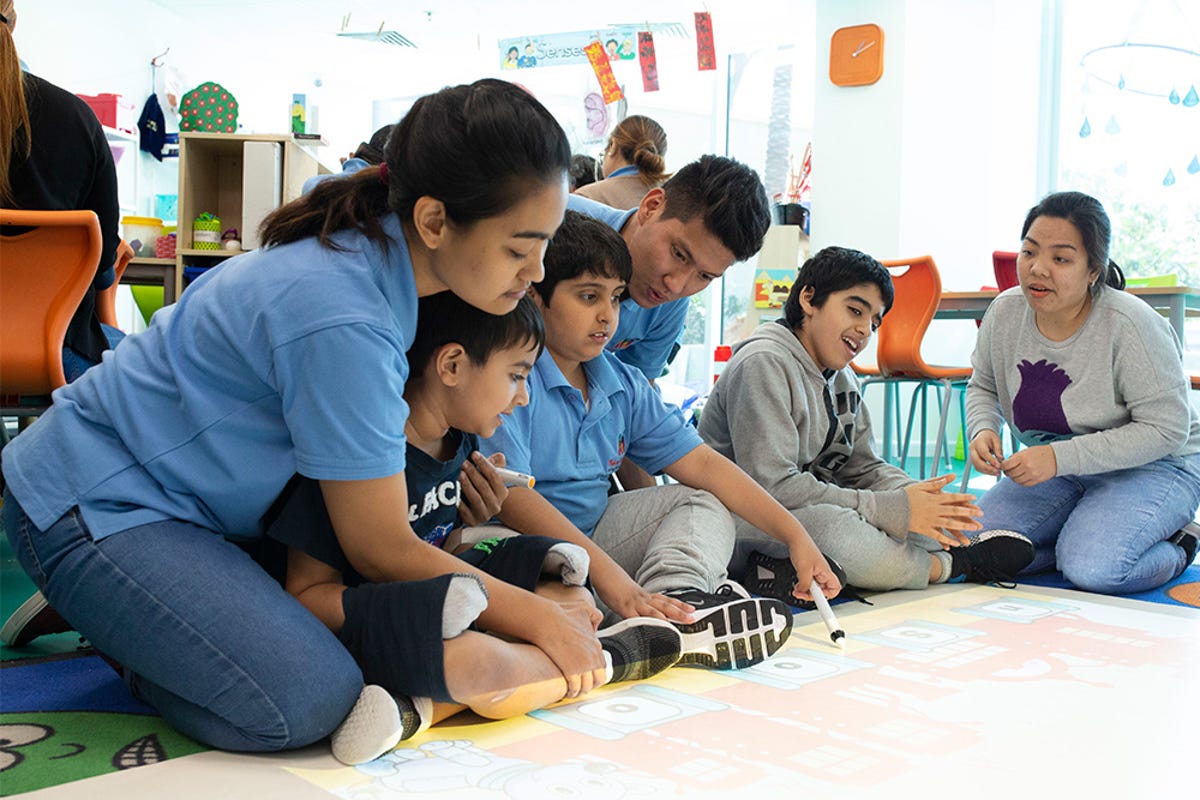
Support for children with special needs
Hibah set to work to devise a business plan for a medical centre providing services to infants with special needs. It opened in 2008, was accompanied in 2010 by an alternative education centre for elementary school children, and in 2016 was completed by the Maharat Learning Center (MLC), which today provides educational support to special-needs children and youngsters from the ages of 6 to 25.
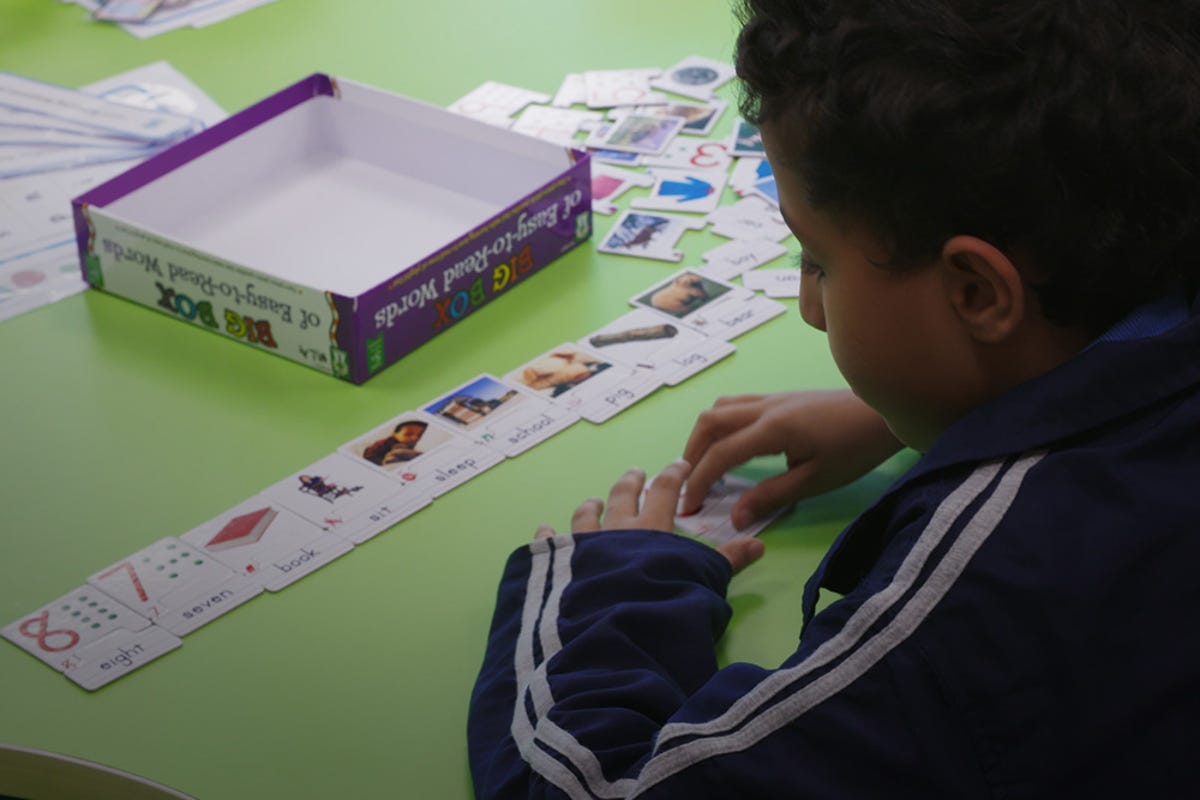
Maharat, which means “skills” in Arabic, covers the full spectrum of learning and support. Applied Behavioural Analysis (ABA) therapy – one-to-one sessions that teach the skills to access mainstream schools – are backed up by inclusion support services and shadow teaching during the transition period. Held in both Arabic and English – a first in the region – these courses typically last from one to several years. For those unable to integrate mainstream schools, the Maharat Academy offers an alternative education programme for life skills, with a teacher-pupil ratio of 1:2.
Last year Maharat launched vocational training, in fields such as computer skills, to improve the chances of job placements. All training programmes have been approved by Dubai’s Knowledge and Human Development Authority and teachers are subjected to in-depth training and supervision from Maharat’s team. The strategy is paying off. “70% of our students to date have been included in mainstream schools,” Hibah is proud to state.
When we started our first centre, special needs were not accepted in Dubai schools… now 70% of our students have been included in mainstream schools.
Fighting for inclusion
This achievement was anything but a breeze. “When we started our first centre in 2008, special needs were not accepted in Dubai schools,” says Hibah, who became an unflagging campaigner for this to change. The list of the initiatives she has launched is impressive: conferences, symposiums and workshops across the region, highlighting the cause and the benefits of ABA. Today Maharat has 84 active students, Dubai has set itself the target of being an inclusive city by 2020 and a new inclusion strategy launched in 2017 obliges schools to welcome 10% of students with special needs.
A dynamic entrepreneur and advocate for inclusion, Hibah’s life is full of accomplishments, but top of them all is her daughter, who is now 13 and has been in mainstream schooling since kindergarten. “Sarah is my greatest achievement. Watching her grow makes me so proud of her perseverance to learn, to overcome her challenges.” With revenue exceeding $2 million and an office opening in the Kingdom of Saudi Arabia in February this year, Maharat Learning Center is set to break even in 2019. In the meantime, it continues to break boundaries for children like Sarah across the UAE.
It can be lonely at the top. I like to surround myself with good friends and bright minds to inspire me and spark new ideas.
